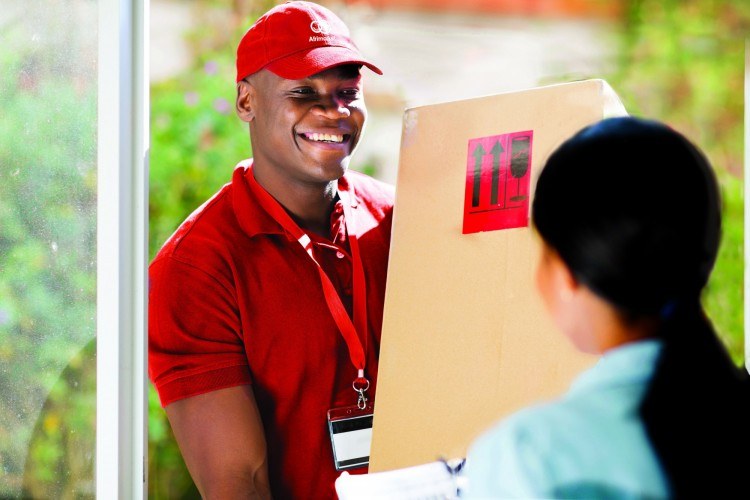Afrimarket

Location
West Africa
Sector
Other
Type of Investment
Risk Capital
Project Stage
Test & Transition
Length of Investment
2016-2019
Investment Overview
A $2.2 million preferred equity investment in Afrimarket. The innovation sought to increase remittance flows to West Africa, especially regional and rural areas, through a cash-to-goods approach and reduced sender costs. It shut down operations in 2019.
The Development Challenge
Remittances play an important role in domestic resource mobilisation, representing up to 5% of GDP in West Africa and acting as a form of insurance against macroeconomic shock. However, several major barriers to the use of remittances exist. These include high fees and trust issues, with average global remittance costs reaching 8% of the amount sent.
The Innovation
Afrimarket provided a low-cost cash-to-goods service for sending remittances such as food products, sanitation products, and construction materials to West Africa, serving as a complement to traditional money transfer operators. The innovation increased remittance flows through reduced sender costs using a mobile, no-middleman model, and also increased trust levels by allowing users to send specific products to recipients or to make use of a voucher system.
Our Investment
A $2.2 million preferred equity investment (as part of Afrimarket’s Series B equity round).
Investment Objective
To build out distribution operations and acquire new customers.
Why we invested
Afrimarket provided a unique solution by applying an eCommerce approach to a development problem.
Remittances are an important source of funds for GIF’s target beneficiaries of people living on less than $5 per person per day.
There was significant traction with key cash-in partners, and a strong team with significant logistical and eCommerce experience in Africa.
Afrimarket in numbers
Markets operated in
Of beneficiaries lived on less than $3.50 per day
Afrimarket Impact Brief
Afrimarket provided a low-cost cash-to-goods service for European migrants to send remittances to West Africa. The company benefited both remittance senders and recipients in West Africa. Afrimarket offered senders commission charges that are over 20% lower than average, since Afrimarket was able to offset lower fees through recouping revenue from partner merchants. There is evidence that lower fees and a cash-to-goods approach increase remittance flows from senders, which in turn benefit recipients. Recipients also benefited from the quality and breadth of the products on Afrimarket’s platform, which comprised 10,000 SKUs from accredited retailers.
Afrimarket had a unique solution that applied an eCommerce approach to solve a remittance problem, backed by merchant and money transfer operator partnerships, and a strong distribution and logistics operation. The investment had the potential to amplify the contribution of remittances to development in West Africa. GIF’s investment was designed to enable Afrimarket to build out their distribution operation and acquire new customers, thereby increasing Afrimarket’s social impact.
Afrimarket was a for-profit company that worked in countries with average incomes significantly below $5 PPP/day. 50% of Afrimarket’s beneficiaries were in areas outside capital cities, which have average incomes below $3.50 PPP/day. Afrimarket provided pro-poor products: 70% of its sales were food, and the top 9 products sold were in the food and hygiene categories. Afrimarket occupied a unique niche between remittances and eCommerce. Afrimarket’s cash-to-goods model served as a complement to traditional money transfer operators.
Use of GIF funds
The proceeds of Afrimarket’s 8mn EUR Series B round were for investments in staff (digital marketing, developers, commercial and delivery staff hiring, as well as capex required for delivery) and technology (logistics tools, eCommerce and app investments, and complete integration into Orange Money France’s remittance service).
Objectives
To build out distribution operations and acquire new customers.
Impact to Date
Founded in 2013, Afrimarket raised 50 million euros. It operated in five markets – Ivory Coast, Senegal, Cameroon, Mali, Benin, with 250 employees, before shutting down operations in 2019.